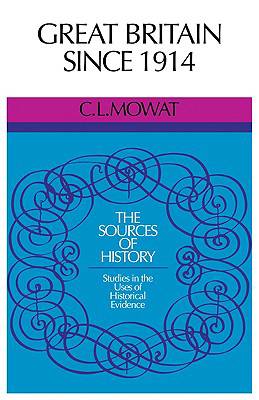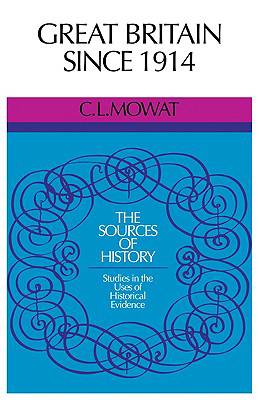
- Afhalen na 1 uur in een winkel met voorraad
- Gratis thuislevering in België vanaf € 30
- Ruim aanbod met 7 miljoen producten
- Afhalen na 1 uur in een winkel met voorraad
- Gratis thuislevering in België vanaf € 30
- Ruim aanbod met 7 miljoen producten
Zoeken
€ 64,95
+ 129 punten
Omschrijving
Contemporary history poses its own particular and very difficult problems. On one hand, the materials are usually available in overwhelming quantity; on the other, a great many things that historians of earlier periods familiarly rely on remain secret for those concerned with very recent times. The actors in the story sometimes remain accessible, but while this has its advantages it also poses unusual problems of assessment and evaluation. Above all, the historian lacks the perspective, knowledge and preliminary sorting bestowed by the passage of time. In this book, a notable practitioner in this difficult field sets out to describe the types of sources available for the history of Great Britain since about the beginning of the First World War, and analyses the advantages and the difficulties involved in their use. For this period the student has to rely in particular on vast masses of official paper, the recollections of participants (in written or spoken form), and the accounts of contemporaries (especially in newspapers). None of these materials, nor the lesser sources of evidence, can be effectively used without instruction of which far too little is at present available. Professor Mowat brings his range of experience to bear on the problem providing it.
Specificaties
Betrokkenen
- Auteur(s):
- Uitgeverij:
Inhoud
- Aantal bladzijden:
- 228
- Taal:
- Engels
- Reeks:
Eigenschappen
- Productcode (EAN):
- 9780521291538
- Verschijningsdatum:
- 28/10/1976
- Uitvoering:
- Paperback
- Formaat:
- Trade paperback (VS)
- Afmetingen:
- 140 mm x 216 mm
- Gewicht:
- 294 g

Alleen bij Standaard Boekhandel
+ 129 punten op je klantenkaart van Standaard Boekhandel
Beoordelingen
We publiceren alleen reviews die voldoen aan de voorwaarden voor reviews. Bekijk onze voorwaarden voor reviews.







